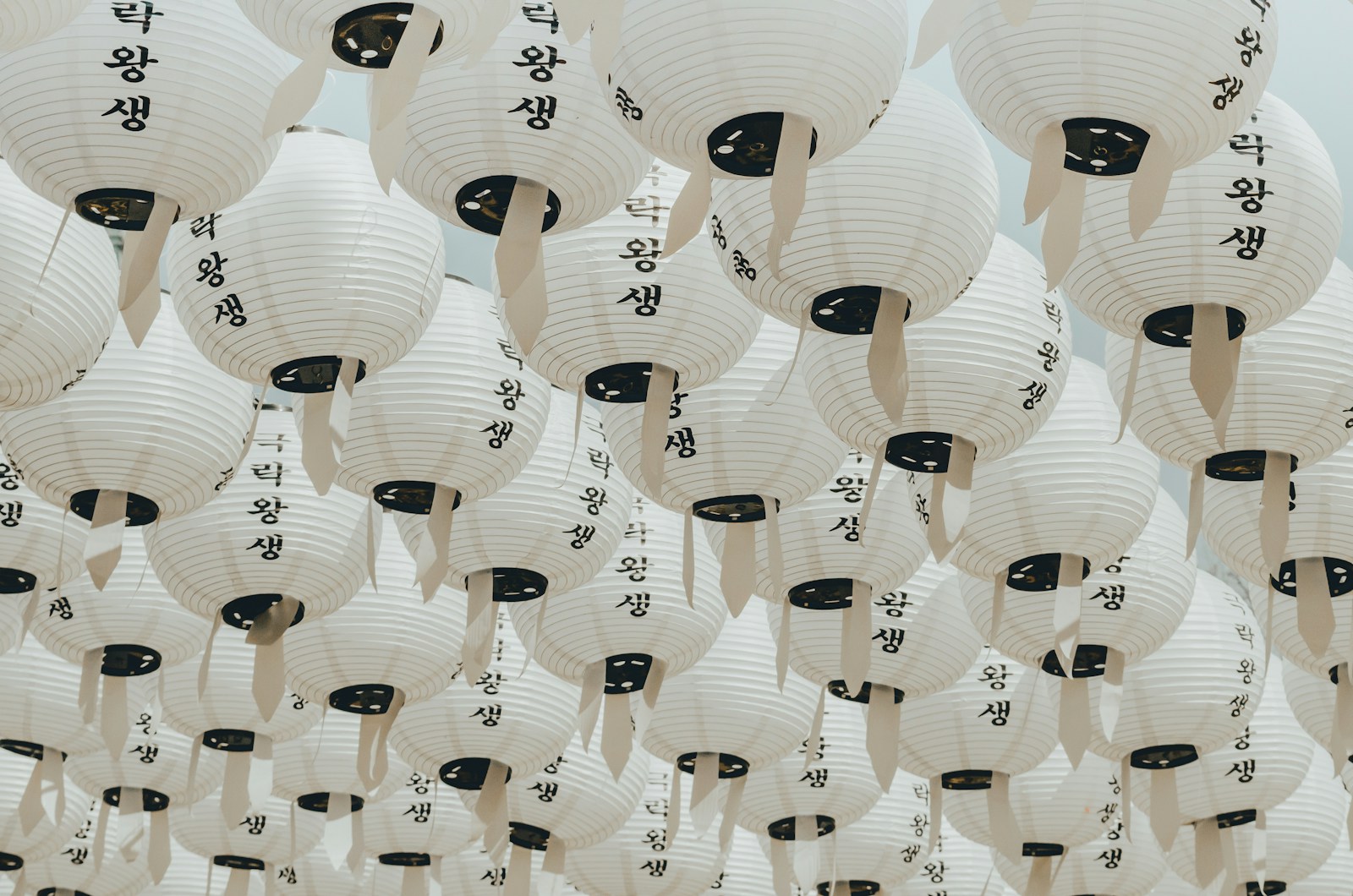Minimalism, a contemporary concept often associated with decluttering and simplifying modern life, finds its roots in ancient philosophies that emphasize simplicity and intentionality. One such philosophy, deeply embedded in Korean culture, is jeong (정). This ancient Korean concept offers profound insights into the minimalist lifestyle and reveals how simplicity and emotional connection can lead to a more fulfilling life.
Jeong is a term that encapsulates a sense of deep, emotional attachment and affection towards people, objects, and experiences. It reflects the idea of forming meaningful relationships and valuing what truly matters. Unlike the Western notion of minimalism that often focuses on reducing physical possessions, jeong is more about the quality of connections and the essence of what we hold dear.
In traditional Korean culture, jeong influences many aspects of life, from social relationships to the way people approach material possessions. It underscores the importance of having a deep, genuine relationship with fewer things, rather than being overwhelmed by an abundance of possessions. This philosophy suggests that true contentment comes not from acquiring more, but from appreciating and nurturing what we already have.
The practice of jeong encourages us to build lasting and meaningful connections. In this context, minimalism aligns closely with jeong as both advocate for a more intentional and reflective approach to life. By focusing on quality over quantity, we can cultivate deeper relationships and a greater sense of satisfaction. For instance, in a minimalist lifestyle, each possession is chosen with care and significance, much like how jeong values each relationship or object with emotional depth.
In traditional Korean homes, the principles of jeong are reflected in their design and decor. Korean homes often feature simple, yet elegant interiors that emphasize functionality and harmony. This approach mirrors the minimalist ideal of creating a serene and purposeful living environment. The emphasis is on creating spaces that foster comfort and emotional well-being, rather than merely showcasing material wealth.
Jeong also extends to how we approach everyday life. It encourages us to find joy in simplicity and to appreciate the small, often overlooked aspects of our surroundings. This philosophy aligns with minimalist practices such as mindful living and savoring simple pleasures. By embracing jeong, we learn to find contentment in everyday moments and to cherish the value of simplicity.
Furthermore, the concept of jeong underscores the importance of sustainability and respect for the environment. In traditional Korean culture, there is a strong emphasis on living in harmony with nature and making use of resources thoughtfully. This approach is in harmony with modern minimalist principles that advocate for reducing waste and living more sustainably.
By incorporating the philosophy of jeong into a minimalist lifestyle, we can cultivate a deeper sense of connection and satisfaction. It encourages us to focus on what truly matters, fostering relationships and experiences that enrich our lives. In essence, both jeong and minimalism advocate for a life of intentionality, mindfulness, and emotional fulfillment.
In conclusion, the ancient Korean philosophy of jeong offers valuable insights into the principles of minimalism. It teaches us that true contentment comes from valuing and nurturing meaningful connections rather than accumulating possessions. By embracing jeong and minimalism, we can create a life that is not only simpler but also richer in meaning and fulfillment.
